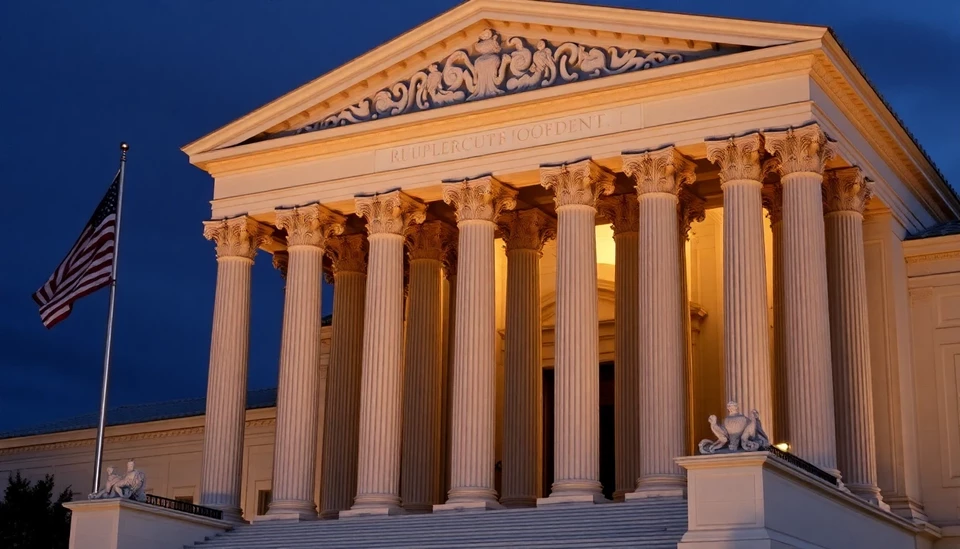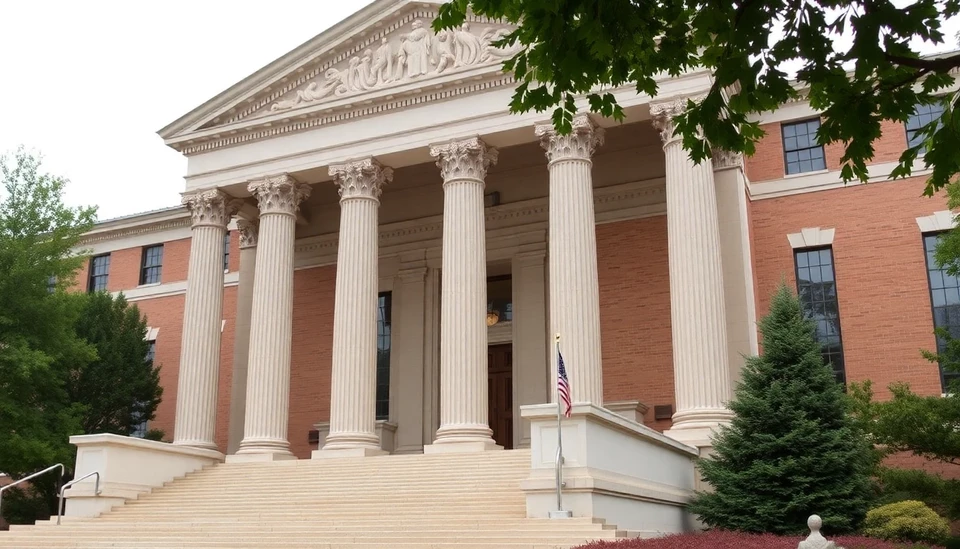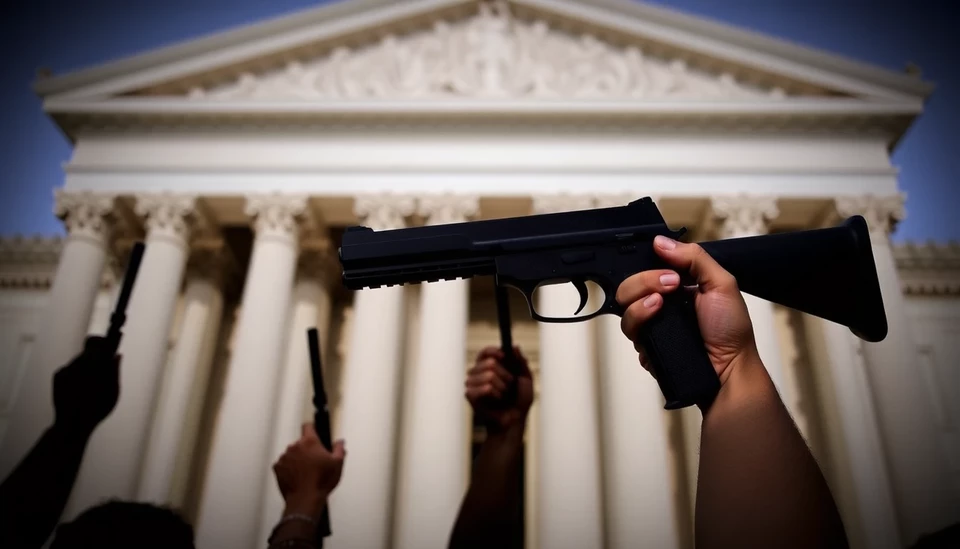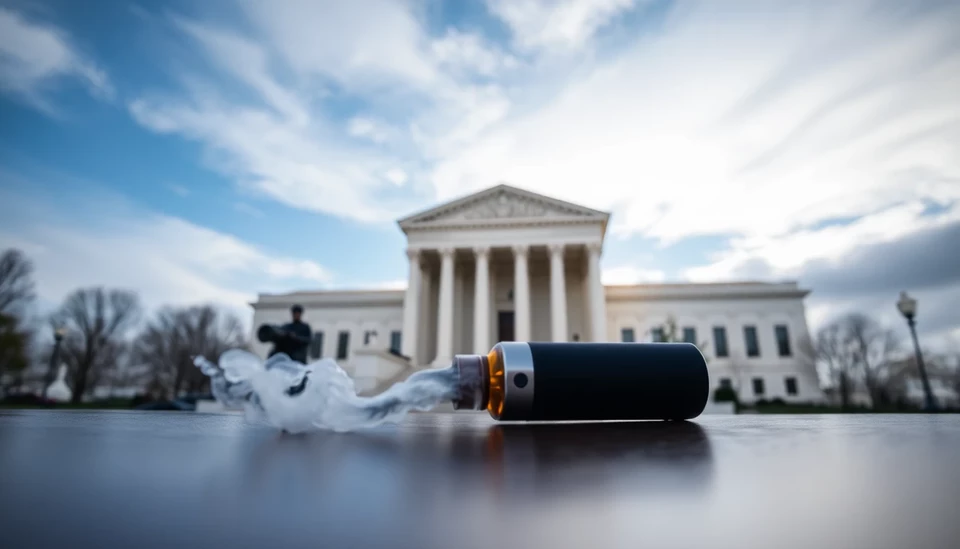
In a significant legal development, the U.S. Supreme Court has decided to maintain a lower court's ruling that constrains federal prosecutors' ability to pursue certain bid-rigging cases. This decision, announced on November 12, 2024, could have far-reaching implications for how corruption investigations are handled across the country and for the integrity of public contracts.
The case stems from a previous ruling by the Fourth Circuit Court of Appeals, which determined that bid-rigging prosecutions must meet stricter standards of proof. The appeals court found that under current statutes, prosecutors must demonstrate a clearer connection between the alleged collusion and the harm done to competition or consumers. This ruling has now been upheld by the Supreme Court, effectively reinforcing the legal barriers that federal authorities face when seeking to prosecute potential bid-rigging offenses.
Supporters of the ruling argue that this decision helps protect businesses from overzealous prosecution, allowing companies the freedom to engage in competitive practices without the chilling fear of unjust legal repercussions. They assert that the stringent requirements will help to ensure the legitimacy of accusations are thoroughly vetted before any legal action is initiated.
On the other hand, critics contend that this ruling could embolden corrupt practices in the construction and public contracting sectors, potentially allowing dishonest contractors to operate with less scrutiny. They argue that the decision sends a message that collusion in bidding processes may go unpunished, ultimately harming fair competition and increasing costs for taxpayers.
The implications of this ruling are multifaceted. Economic experts warn that this legal precedent could lead to a surge in bid-rigging behaviors, especially in industries heavily reliant on government contracts. With fewer resources devoted to withholding such practices under the increased burden of proof now required, there is a legitimate concern about the resulting market distortions.
As federal prosecutors evaluate their strategies moving forward, the ruling also raises essential questions about how other courts may interpret criminal statutes related to antitrust laws and public procurement. Monitoring and enforcing compliance will likely become more challenging, leaving many to speculate on the long-term effects on market dynamics and public trust.
In conclusion, while the Supreme Court's decision has been framed as a necessary measure for protecting businesses from unfair prosecution, it simultaneously highlights the delicate balance between fostering a competitive marketplace and ensuring ethical practices within public contracting. As the fallout from this ruling unfolds, it will be crucial for stakeholders to remain vigilant in promoting transparency and accountability in all contractual dealings.
#SupremeCourt #BidRigging #LegalDecision #Antitrust #PublicProcurement #Corruption #BusinessLaw
Author: John Harris




